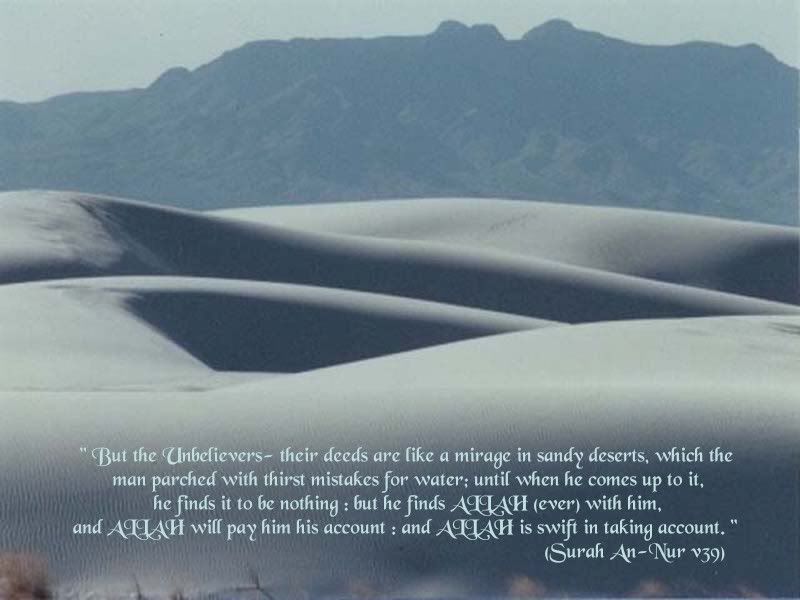badrobot14
XPRS Administrator
- Messages
- 3,812
- Reaction score
- 34,782
- Points
- 543
AsSalamoAlaikum Wr Wb...
love that example...
really...smthng to ponder over..!!
JazakAllahu Khairen..
WaAlaikum AsSalam wr wb,
exactly!
wa iyyakum..
We are currently struggling to cover the operational costs of Xtremepapers, as a result we might have to shut this website down. Please donate if we have helped you and help make a difference in other students' lives!
Click here to Donate Now (View Announcement)
AsSalamoAlaikum Wr Wb...
love that example...
really...smthng to ponder over..!!
JazakAllahu Khairen..





View attachment 17941
That's scary!!
Amr bil ma'aroof wa Nahi unil munkar, is so difficult!
U need to be wise in doing that, otherwise ppl get offended...


can you explain this?View attachment 17941
That's scary!!
Amr bil ma'aroof wa Nahi unil munkar, is so difficult!
U need to be wise in doing that, enjoining them good n forbidding evil and at the same time not offending them...
can you explain this?
For more than 16 years, the site XtremePapers has been trying very hard to serve its users.
However, we are now struggling to cover its operational costs due to unforeseen circumstances. If we helped you in any way, kindly contribute and be the part of this effort. No act of kindness, no matter how small, is ever wasted.
Click here to Donate Now